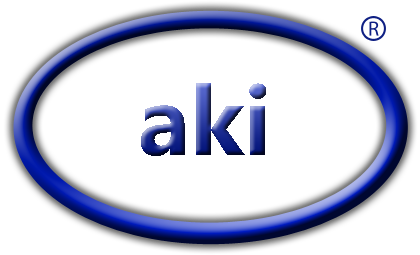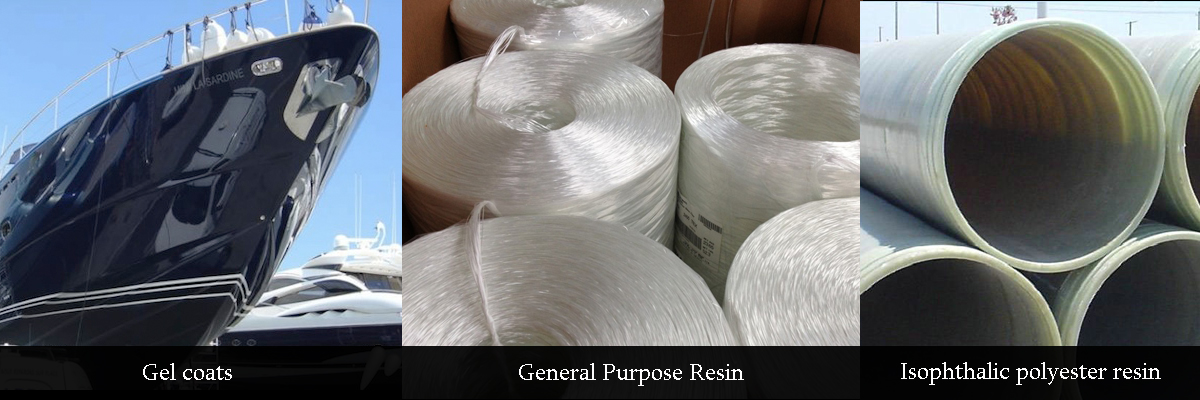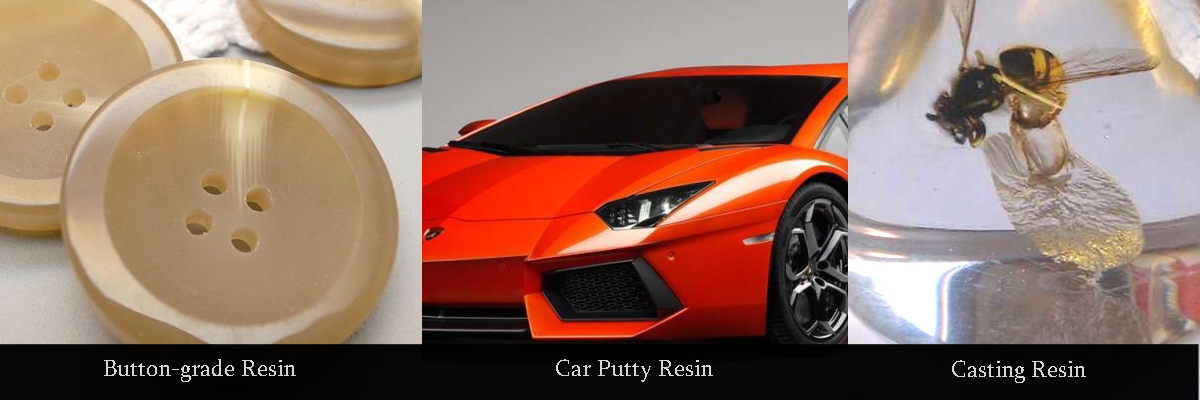Unsaturated Polyester Resins
Unsaturated polyester resins are the most commonly used thermoset resins in the world. When it comes to weight for cost comparisons, unsaturated polyester resins are much favoured over their metallic counterparts. With the current fuel and processing costs, the increasing prices of steel and aluminium are pushing more fabricators to use unsaturated polyester resin composites instead. Another major advantage is the increased productivity potential. While metals involve the use of specific smelters, expensive tooling and processing requirements, unsaturated polyester resins are far cheaper and afford the use of low cost tooling. An unsaturated polyester resin can be moulded at ambient temperature whereas metals need to be heated to well over 2000°C before they are melted and poured into mould cavities.
Adding beauty to structure is easily attained with unsaturated polyester resins. Easily pigmented resin systems can be employed to produce parts with aesthetic appeal without compromising structural properties.. These products are advantageous over their natural stone counterparts in that they offer non porous surfaces which allow them to be used in hygienic environments like kitchens, hospitals and biological laboratories. High gloss blemish free parts can also be produced in-mould using pigmented gel-coat technologies. In the case of glass-fibre boats a smooth and attractive high gloss surface is achieved that need not be sprayed. or finished with a paint.
Collectively there is an ever increasing potential for unsaturated polyester resins. Their low cost, ease of use, good mechanical properties, corrosion resistance and weight advantages make them prime candidates for a wide variety of structural and decorative applications.
Un-reinforced versions are most commonly used for clear casting resins, coatings, buttons, body fillers, work-surfaces (such as polyester marble), polyester concrete (for applications such as road drainage) and in the manufacture of Gel Coats (applied to composite materials to improve the surface finish).
The largest market for reinforced polyester resin (composite materials) is the building and sanitary ware market; here the material finds usage as structural parts (e.g. replacement of concrete clad steel), cladding panels, sheeting (e.g. for pre-fabricated buildings), roofing tiles, pipes and also for applications such as bathroom furniture (e.g. baths and shower trays).
The Transport market makes significant usage of UP Resins. Since the materials tend to lend themselves to lower volume applications it is most commonly used in aeroplanes, trucks, buses and coaches. Established markets include parts such as bumper beams,car body panels, sunroof frames, catalytic converter heat shields, dashboard carriers, seat structures, battery supports and spring systems. In addition to weight reduction, polyester parts have the opportunity to reduce painting costs (should composite parts require painting, however, a conductive primer coat or in-mould coating, with lower paint transfer efficiency and lower rates of work means that part price overtakes costs associated with electro-galvanised steel). Polyester parts also provide good corrosion resistance properties
Rail cars, rolling stock and shipping containers are also manufactured using UP resin composites. The marine market is also heavily reliant on UP Resins, principally for the manufacture of luxury boat hulls.
Other markets for UP Resins include the caravan panel market and the material is widely used in storage vessels (where the chemical resistance of the material is highly valued).
Apart from manufacturing / supplying major raw material, viz., unsaturated polyester resin, Al-Khair (HMD) Industries Pvt.Ltd also supplies auxiliaries used in the manufacturing of FRP.



